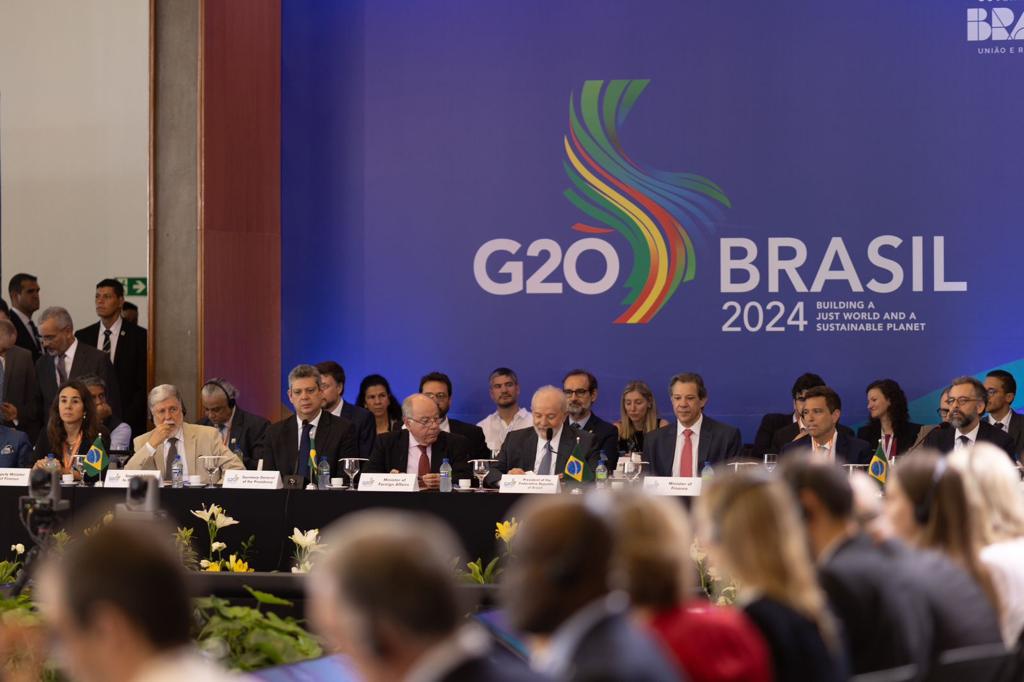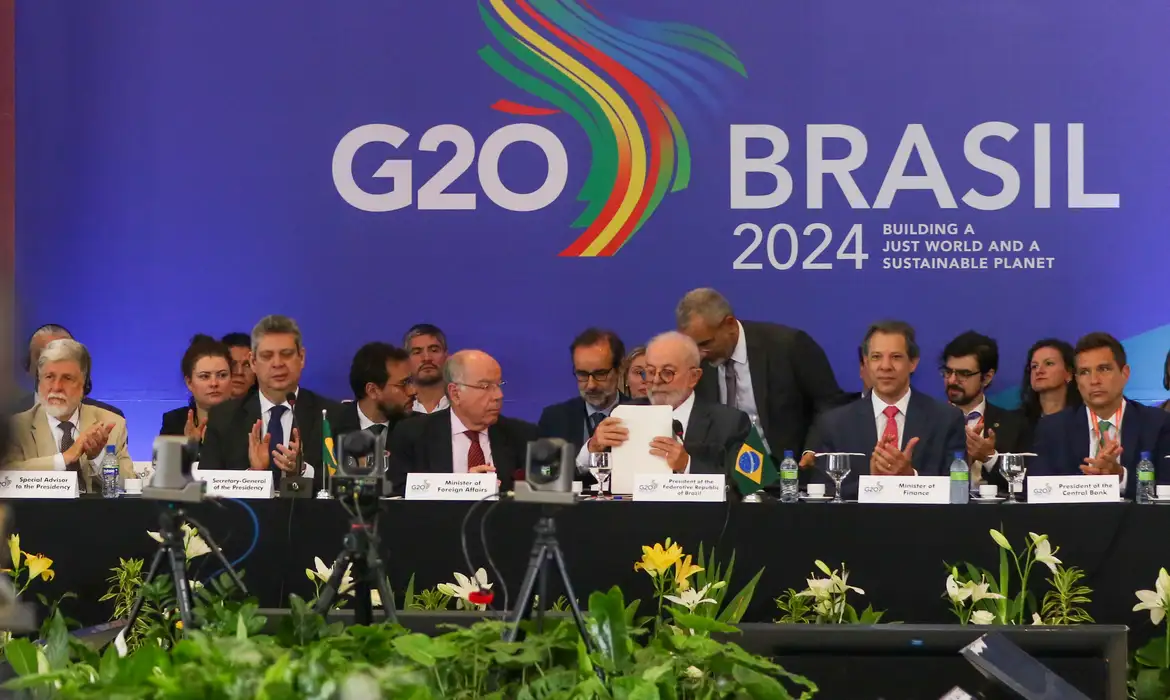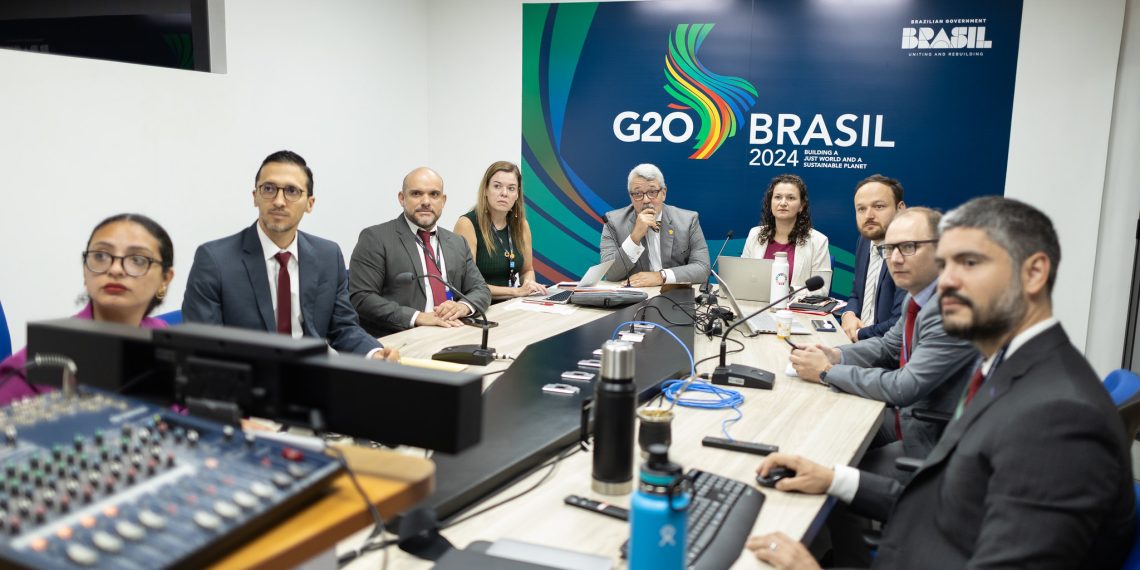The head of the United Nations Development Programme (UNDP) emphasized that the Group of 20 (G20) economic powers must prioritize their impact on the world’s poorest, beyond merely controlling inflation.
As finance ministers convene in Brazil, President Luiz Inacio Lula da Silva has placed inequality, poverty, and climate change at the forefront of discussions.
UNDP’s Achim Steiner highlighted the importance of the G20’s decisions on addressing poverty, inequality, and hunger, alongside mobilizing investments for critical transitions like climate change.

He noted that policies leading to a sense of injustice among citizens can destabilize economies, citing examples such as France’s yellow vest protests and Chile’s demonstrations over fare increases.
While a draft G20 communique suggests a soft landing for the global economy, Steiner cautioned that many developing nations face a harsh landing and potential financial crisis.
With numerous countries allocating more funds to debt servicing than to vital sectors like education and health, resources for climate change mitigation are further strained.
Steiner urged a rethink of financial market practices, emphasizing the need to incentivize investments in solutions rather than prioritizing financial returns. He criticized the punitive interest rates charged to poor nations, exacerbating their financial challenges.

President Lula da Silva aims to amplify the voice of developing nations within the G20, emphasizing Brazil’s commitment to addressing poverty, climate change, and multilateral reform.
Steiner expressed hope that the final communique would reflect these priorities and lead to meaningful action to uplift the world’s most vulnerable populations.





